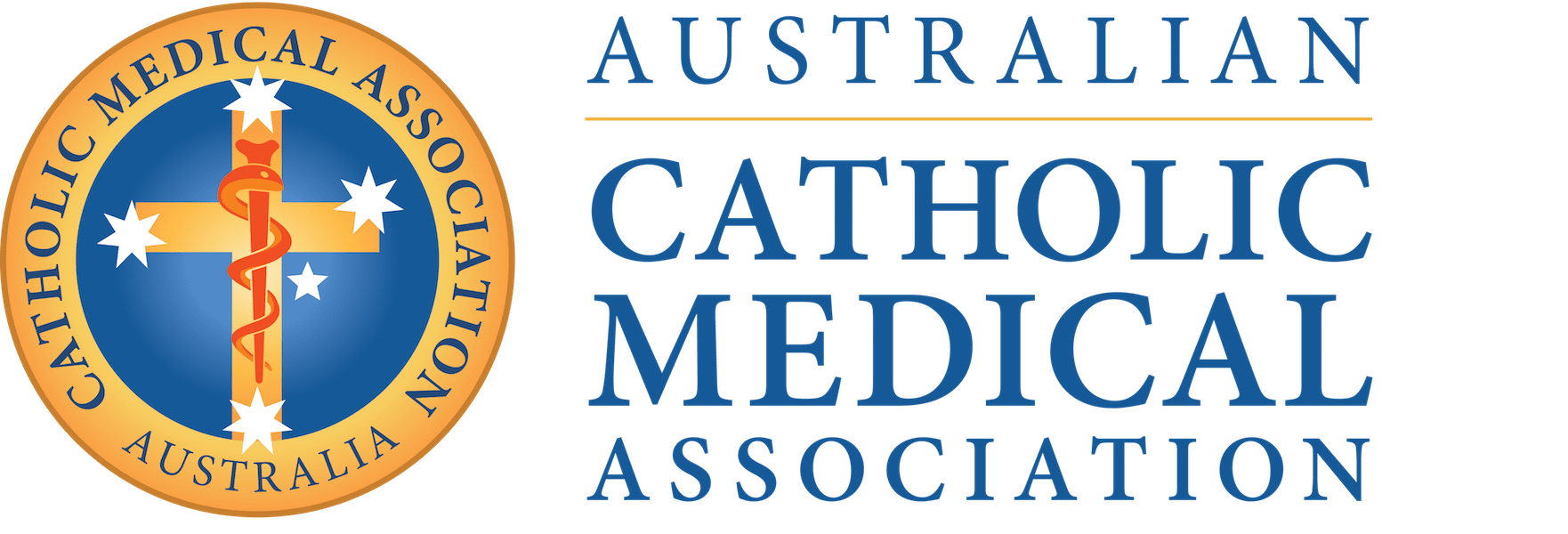Texas AG Sues Eli Lilly for ‘Bribing’ Doctors to Prescribe High-Profit Drugs
Texas Attorney General Ken Paxton is suing Eli Lilly for allegedly “bribing” doctors to prescribe the company’s most profitable drugs, including its GLP-1 weight-loss medications Mounjaro and Zepbound.
The drugmaker “compromised medical decision-making by engaging in an illegal kickback scheme,” said Paxton in a press release. He added:
“Eli Lilly fraudulently sought to maximize profits at taxpayer expense and put corporate greed over people’s health. I will not stand by while corporations unlawfully manipulate our healthcare system to line their own pockets.”
Plaintiffs include the state of Texas and Health Choice Alliance LLC, a New Jersey-based research organization.
In addition to Mounjaro and Zepbound, the complaint named a dozen drugs sold by Eli Lilly to treat conditions including migraines, eczema, leukemia and breast cancer.
The complaint, filed Aug. 12 in Texas District Court, Harrison County, alleges Eli Lilly offered illegal incentives to Texas medical providers for prescribing the drugs, including “free nurses” and reimbursement support services.
Many of the prescriptions were covered by Texas Medicaid, resulting in “millions of dollars” in claims made at taxpayers’ expense, the press release said.
The lawsuit asks the court to issue an injunction against Eli Lilly to prevent the company from offering such incentives. It also asks for financial compensation for the Medicaid funds that were allegedly spent as a result of the incentives.
An Eli Lilly spokesperson told The Defender the company plans to “vigorously defend against these allegations.”
Eli Lilly’s gross profit for this year’s first quarter was over $10 billion, according to Macrotrends.
Weight-loss prescriptions for kids, teens grew after AAP rubberstamped them
Prescriptions for GLP-1 weight-loss drugs for kids and teens grew substantially after the American Academy of Pediatrics (AAP) in 2023 recommended them for childhood obesity, according to a study published on Aug. 1 in the AAP’s flagship journal Pediatrics.
GLP-1 drugs mimic the body’s GLP-1 hormone, which is naturally released in the gastrointestinal tract in response to eating, and delay the stomach from emptying, according to Harvard Medical School.
GLP-1 drugs, typically used to treat obesity or diabetes, include the blockbuster drugs Ozempic, Wegovy, Mounjaro and Saxenda. Of those, only Wegovy and Saxenda are approved for children.
However, Eli Lilly in 2023 tested its Mounjaro shots on kids as young as 6. Several lesser-known GLP-1 drugs can be prescribed off-label for children.
Lilly pushes back against charges
Texas’ new lawsuit follows an October 2024 suit the state and Health Choice Alliance filed against major insulin vendors, including Eli Lilly. The earlier suit alleged that major insulin manufacturers and certain pharmacy benefit managers conspired to increase insulin prices.
There’s been no ruling yet on the October 2024 suit. However, the Eli Lilly spokesperson said that multiple courts rejected similar claims made earlier by the Health Choice Alliance.
In 2017, the Health Choice Alliance sued Eli Lilly for running a “multi-tiered kickback scheme.” In August 2018, a federal judge in Texas tossed the case, saying the facts weren’t specific enough to support the group’s allegations, according to Fierce Pharma.
In 2021, the 5th Circuit U.S. Court of Appeals upheld the decision to dismiss the case.
Less than a week before Texas filed the new suit, the company announced that its latest GLP-1 weight-loss drug, Orforglipron, showed an average weight loss of roughly 27 pounds among adults in the drug’s Phase 3 clinical trial.
The company plans to submit the drug for review with the U.S. Food and Drug Administration later this year.
